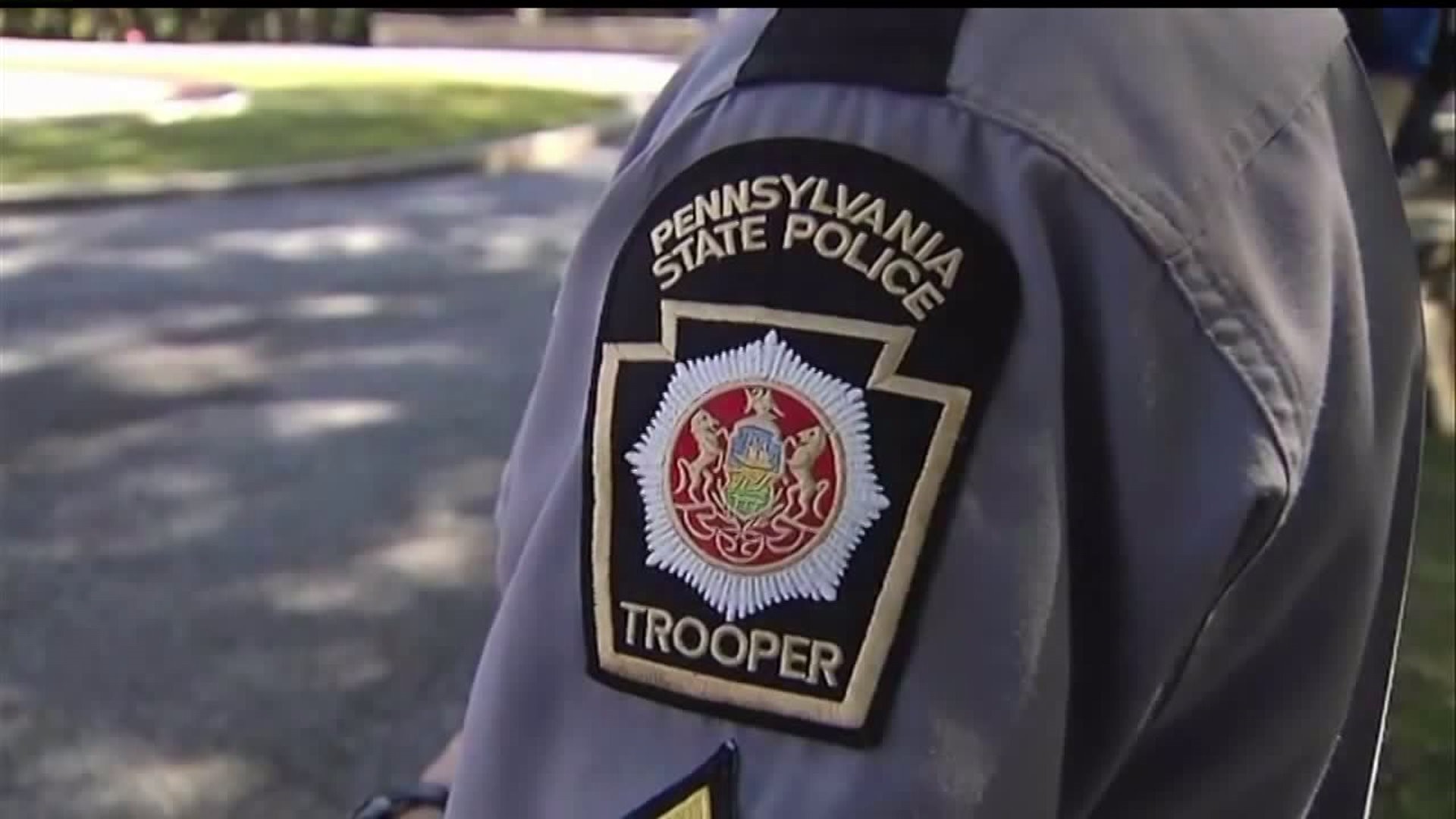HARRISBURG, Pa. -- For local municipalities across Pennsylvania, it's budget season.
Township and borough managers spend hours on end at their desk, crunching numbers, trying to figure out how to give residents the best quality service without raising taxes.
In West Hanover Township in Dauphin County, taxes haven't been raised in 28 years, says manager Daniel Rosario. It might be a challenge to reach year 29, he admits, if a current proposal in the state budget is approved.
"It's not going to be a fun task for local government, I can tell you that," Rosario says.
He is referring to Governor Tom Wolf's proposal to impose a $25-per-person fee on municipalities which use the Pennsylvania State Police as its full-time police coverage. Currently, 1,297 jurisdictions across the commonwealth, including West Hanover Township, do not have to pay any additional funds for State Police to cover their area. Coverage is afforded to them by state law.
"Every municipality will have state police coverage if they don't have a police department," says Lt. Colonel Stephen Bucar of the Pennsylvania State Police. "No one in the commonwealth should ever believe they'll be without police protection."
The proposal, which has bipartisan support among state lawmakers, is expected to generate $63 million in annual revenue, according to Wolf's budget secretary Randy Albright. Much of that money will go towards funding annual PSP costs, and would help add three cadet classes next year.
Albright defended the plan to state lawmakers on Thursday at a House Transportation Committee hearing on the proposal.
He says most of Pennsylvania's residents pay for State Police coverage in their taxes, on top of what they pay to support their local police forces. He says it's time everyone else pays their fair share.
"For 75% of residents in commonwealth who pay twice, it's not fair, and we believe there should be some compensation from those other communities," Albright said.
Opponents view the proposal as another tax from an administration, they claim, which wants to tax Pennsylvanians too much. Lawmakers from rural districts argued why should their constituents pay more for State Police coverage when the coverage won't change? Some of their towns are so rural, they say, it could take PSP up to an hour to arrive on the scene after a call.
State Representative Doyle Heffley, a Republican from Carbon County, said his residents already pay more than asked of them due to Pennsylvania's gas tax, the highest in the nation. Because they live in a rural area, it takes them longer to handle daily chores, like going grocery shopping, and thus, they are forced to spend more money on gas.
"I'm very skeptical of the proposal," Heffley said. "To pass that burden onto rural Pennsylvanians, many people in my district, they can't afford a home because of property taxes, and asking them to pay a per capita tax for 3, 4, 5 children is that much more."
For West Hanover Township manager Daniel Rosario, his staff is considering creative ways to make any change easier on his residents' wallets. One proposal, brought up at a March meeting, would combine all the Hanover districts of Dauphin County -- West, East, and South -- into one police force. However, that received tepid support when it was realized it would cost more money than the current State Police fee proposal.
Other options include West Hanover's own police force, a township first, or paying another nearby municipality to co-op their police.
"It's not going to be easy," Rosario said. "We're committed to trying to do this. Assuming (Wolf's proposal) goes through, we'll have to dig our heels in and do the math crunching like everyone else to figure out how to do this."

